At the discussion session on the draft Law on Artificial Intelligence (AI), Prof. Dr. Nguyen Thi Lan, National Assembly Delegate (NAD) of Hanoi , highly appreciated the efforts of the drafting agency in building a bill that is "elaborate, modern and clearly demonstrates innovative thinking". She said that the AI law is a pioneering law, having a decisive significance for national competitiveness in the coming decades.
In the context of countries investing heavily in AI, Ms. Lan emphasized that the promulgation of the law at this time is "extremely urgent" so that Vietnam is not left behind and proactively takes advantage of opportunities from the new wave of technology.
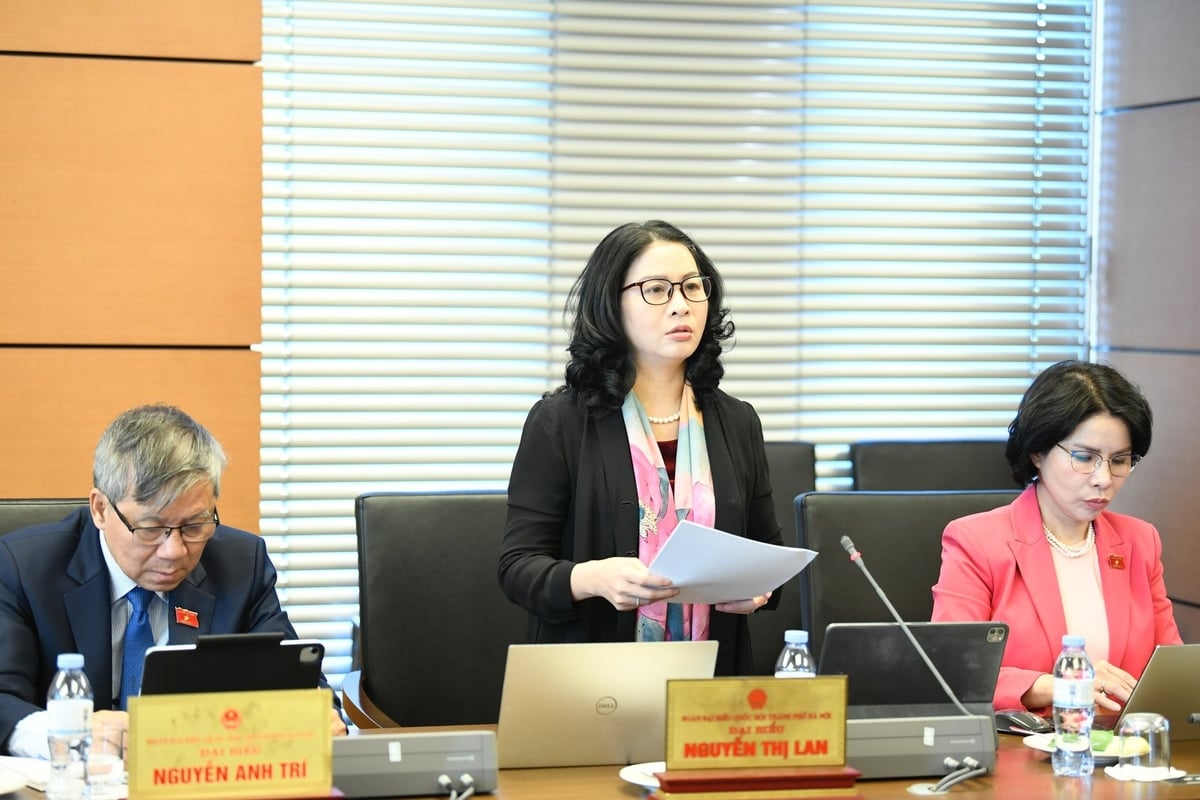
Professor Nguyen Thi Lan believes that the AI law is a pioneering law and has decisive significance for national competitiveness in the coming decades. Photo: Quochoi.vn
The draft shows a progressive approach: risk-based management; building infrastructure, data and testing environments; promoting ethics and accountability; and especially a comprehensive AI human resource development policy, in line with international trends.
From the practice of higher education , research and innovation, Professor Nguyen Thi Lan proposed three major groups of comments for the draft.
Untangling the AI Human Resources Bottleneck: Empowering Universities
Commenting on Article 24 and Article 1 of the draft, Director of the Vietnam Academy of Agriculture Nguyen Thi Lan said that although there is an orientation for developing AI human resources, the bill still has three "bottlenecks" in higher education that have not been resolved, namely the procedures for opening new majors are still slow, while AI changes at a very high speed; schools lack specific mechanisms to attract international experts; and there are no strong policies to develop the AI teaching staff.
In addition, Article 1 excludes “AI for research and training” from the scope of the law but does not clarify what “internal use” means. According to Prof. Dr. Nguyen Thi Lan, if not clearly explained, the management agency may understand it in a rigid way, hindering cooperation between universities and businesses, a key activity to form high-quality AI human resources.
She recommended adding specific mechanisms for higher education such as schools being proactive in opening majors; having policies to attract international experts; and building a program to develop lecturers for the fields of AI - data - automation. At the same time, it is necessary to clarify the scope of "AI used for research - training" to ensure an open academic space.
According to Prof. Dr. Nguyen Thi Lan, experiences from Singapore, South Korea, and Israel show that where universities are strongly empowered and business cooperation is promoted, AI human resources develop quickly and sustainably. Practices in Vietnam also prove this.
Perfecting the controlled testing mechanism (sandbox): Clear subjects, clear responsibilities
Appreciating the inclusion of the sandbox mechanism in Article 22, National Assembly Deputy Nguyen Thi Lan said that the current regulations are still "quite general". While the draft has not clearly stated the subjects participating in the test; Criteria for selecting the model; Pilot period; Legal responsibility when risks occur; and data protection mechanism.
“If these principles are not clarified in the law, the sandbox risks operating as a formality or being applied too cautiously, thereby slowing down innovation,” delegate Lan emphasized.
From there, she suggested that the law should have a framework of principles such as the type of AI being tested; the rights and obligations of participating units (universities, research institutes, startups, etc.); testing period; risk assessment criteria; compensation mechanism. Technical procedures can be assigned to the Government for guidance to ensure flexibility.
Lessons from Singapore, the UK, and the EU show that sandboxes are only effective when they are transparently legislated, helping to shorten the time to deploy new technologies by 50-70%. Vietnam currently lacks an environment to test AI in agriculture, healthcare, education, transportation, and smart cities. “Completing Article 22 will pave the way for many new-generation AI models,” Ms. Lan emphasized.
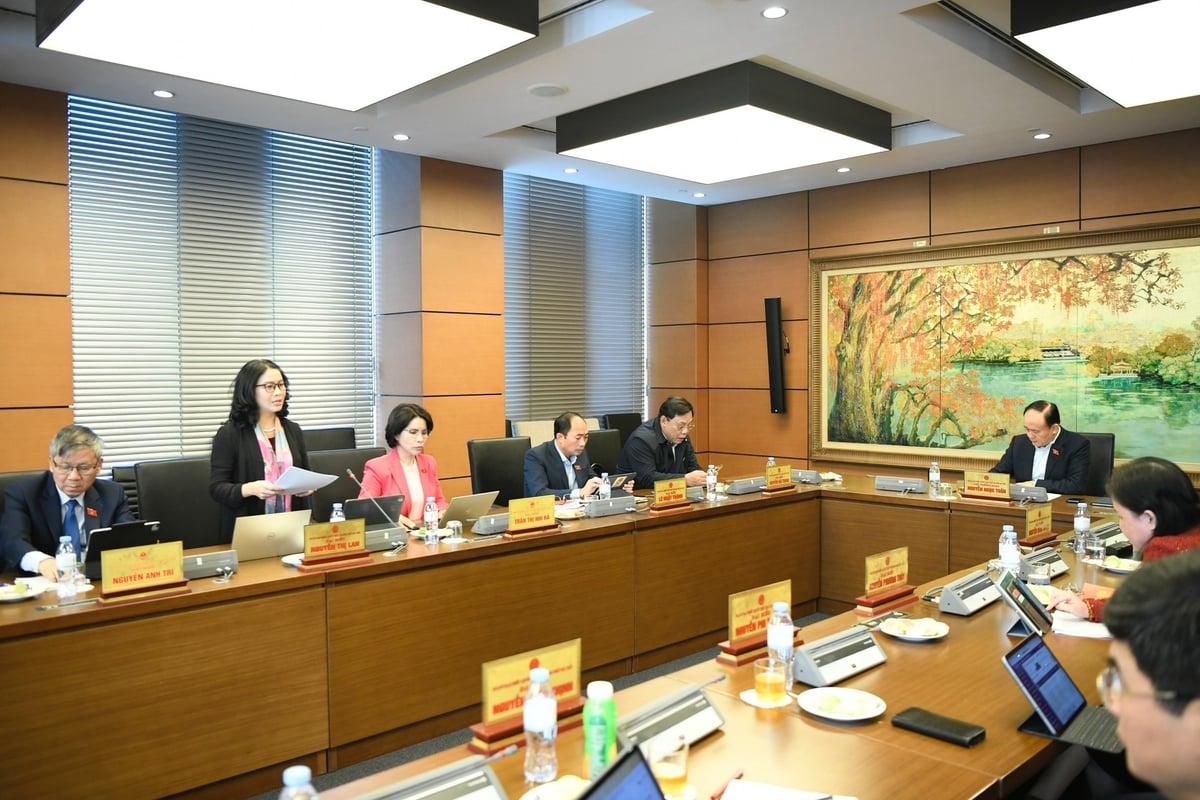
Director of Vietnam Academy of Agriculture Nguyen Thi Lan: "Where universities are strongly empowered and business cooperation is promoted, AI human resources will develop quickly and sustainably. Practice in Vietnam also proves this." Photo: Quochoi.vn
Regarding Article 20, Prof. Dr. Nguyen Thi Lan assessed the draft content as “in the right direction” when mentioning the development of technology, infrastructure, data, and human resources. However, the draft is still general, not pointing out strategic priority areas, factors that determine feasibility.
She suggested that the law clearly define the key areas such as: Agriculture, Health, Education, Environment, Public Administration. At the same time, it is necessary to stipulate the principles for selecting priority areas and assigning responsibilities to each ministry and sector. This is the way to put the strategy into practice and avoid spreading it out.
According to Ms. Lan, international experience shows that an effective AI strategy must have clear priorities and a transparent monitoring mechanism. AI models in agriculture, healthcare, and education in Vietnam, if focused on investment, will create results with high potential for dissemination.
AI law must achieve both goals: regulation and promotion of development
Meanwhile, at Group 11 (including the National Assembly Delegation of Can Tho and Dien Bien) also strongly supported the promulgation of the AI Law, many delegates expressed concerns about the specificity of the draft.
National Assembly Deputy To Ai Vang (Can Tho) affirmed that the law is "very necessary" to achieve the major goals stated in the Party Resolution: maintaining the top 3 ranking in ASEAN in terms of innovation; digital economy accounting for 20% of GDP; AI among the top 3 countries in ASEAN; at least 5 digital technology enterprises at international level; mastering a number of strategic technologies.
She said the law needs to create a legal corridor in line with international practices, supporting integration and effective application of AI in the country. National Assembly member Dao Chi Nghia (Can Tho) commented that the bill is "very necessary" and needs to be passed at this session.
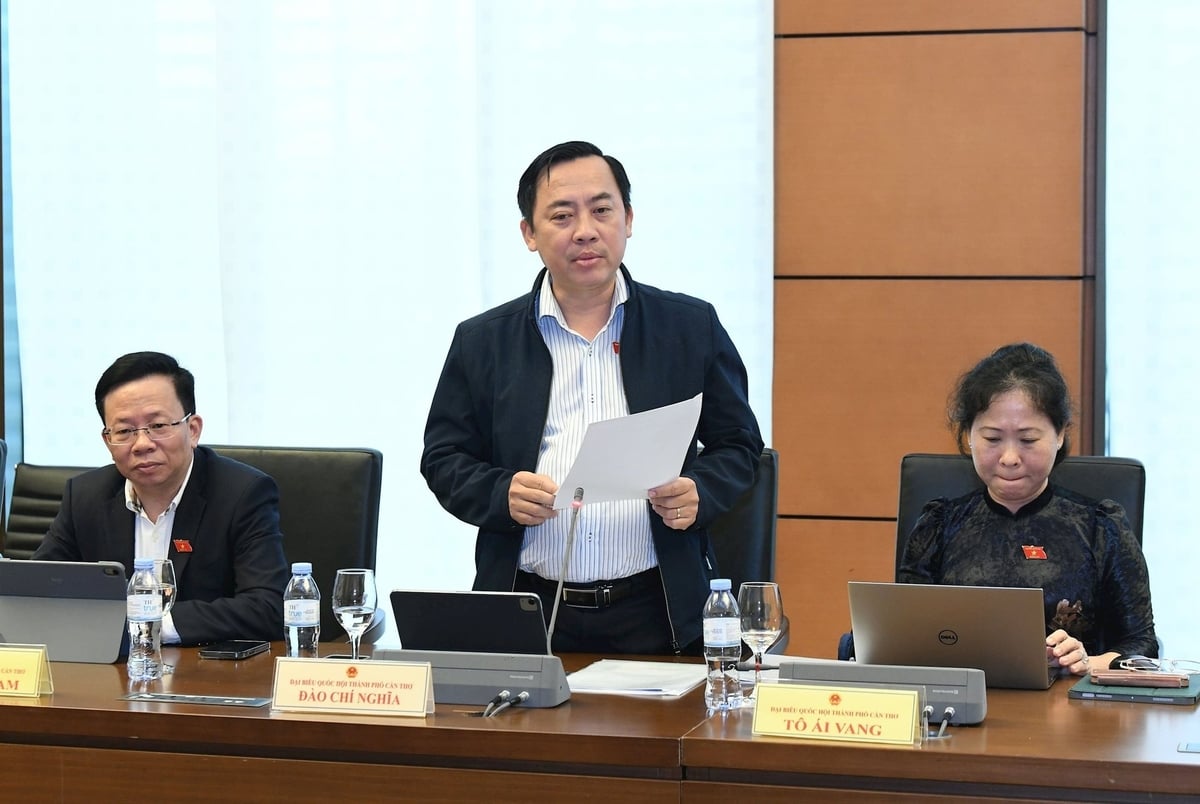
National Assembly Deputy Dao Chi Nghia (Can Tho) speaks. Photo: Lam Hien.
However, National Assembly member Lo Thi Luyen (Dien Bien) said that the management goals in the draft are “not thorough”, while the development goals are “qualitative and not specific”. She cited the example of the content of the AI development fund: the law only states the establishment of the fund from the State budget and socialization, but does not specify the resources and financial mechanism.
National Assembly Deputy Nguyen Tuan Anh (Can Tho) also expressed his opinion that the “balanced” approach in the draft is not clear. According to him, management and promotion are not two opposing goals, effective management is the foundation for promoting sustainable development, and each field and each risk group needs different flexible policies.
Delegates expressed their hope that the draft AI Law, once completed, will become a strong enough legal framework to promote innovation, develop high-quality human resources, and expand the space for AI applications to serve socio-economic development, ensure security, and improve people's lives. In particular, the Law must achieve both management and development goals.
Source: https://nongnghiepmoitruong.vn/trao-quyen-cho-dai-hoc-mo-nganh-va-phat-trien-doi-ngu-giang-vien-ai-d785657.html







![[Photo] Prime Minister concludes trip to attend G20 Summit in South Africa](/_next/image?url=https%3A%2F%2Fvphoto.vietnam.vn%2Fthumb%2F1200x675%2Fvietnam%2Fresource%2FIMAGE%2F2025%2F11%2F24%2F1763944494358_vna-potal-thu-tuong-ket-thuc-chuyen-tham-du-hoi-nghi-thuong-dinh-g20-tai-nam-phi-8428321-4810-jpg.webp&w=3840&q=75)






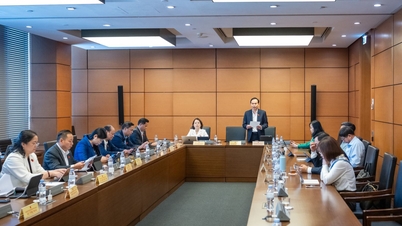

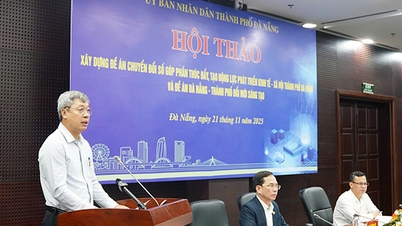

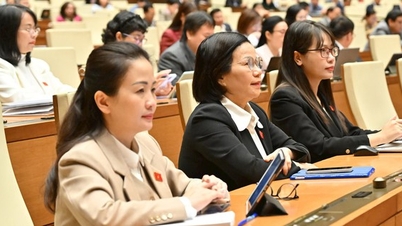







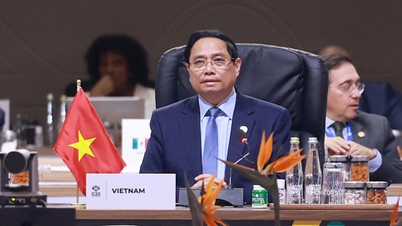
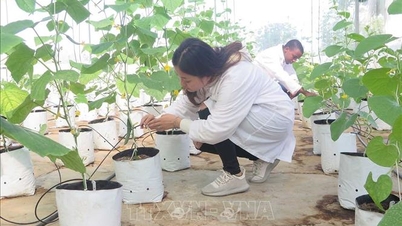













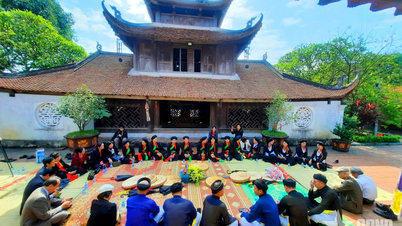

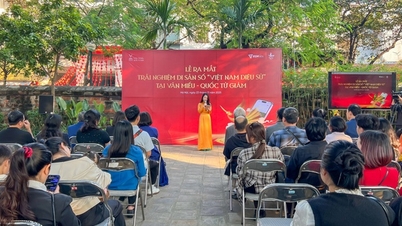








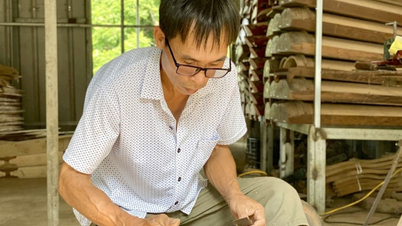



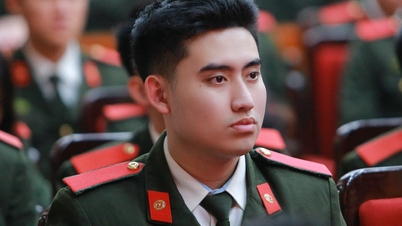



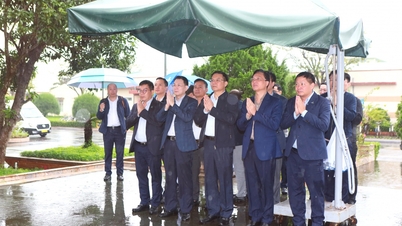
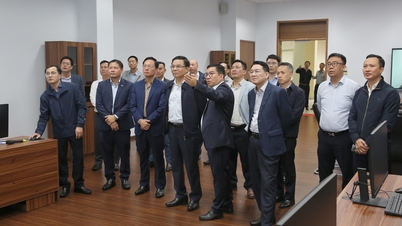
















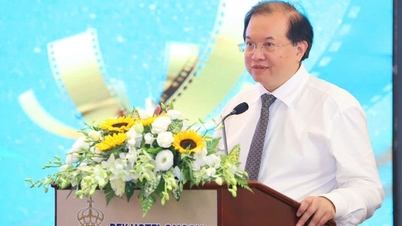
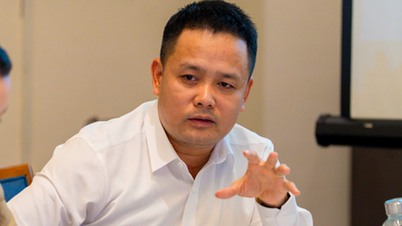







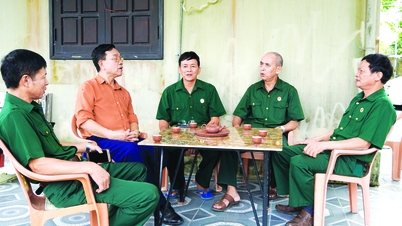



















Comment (0)